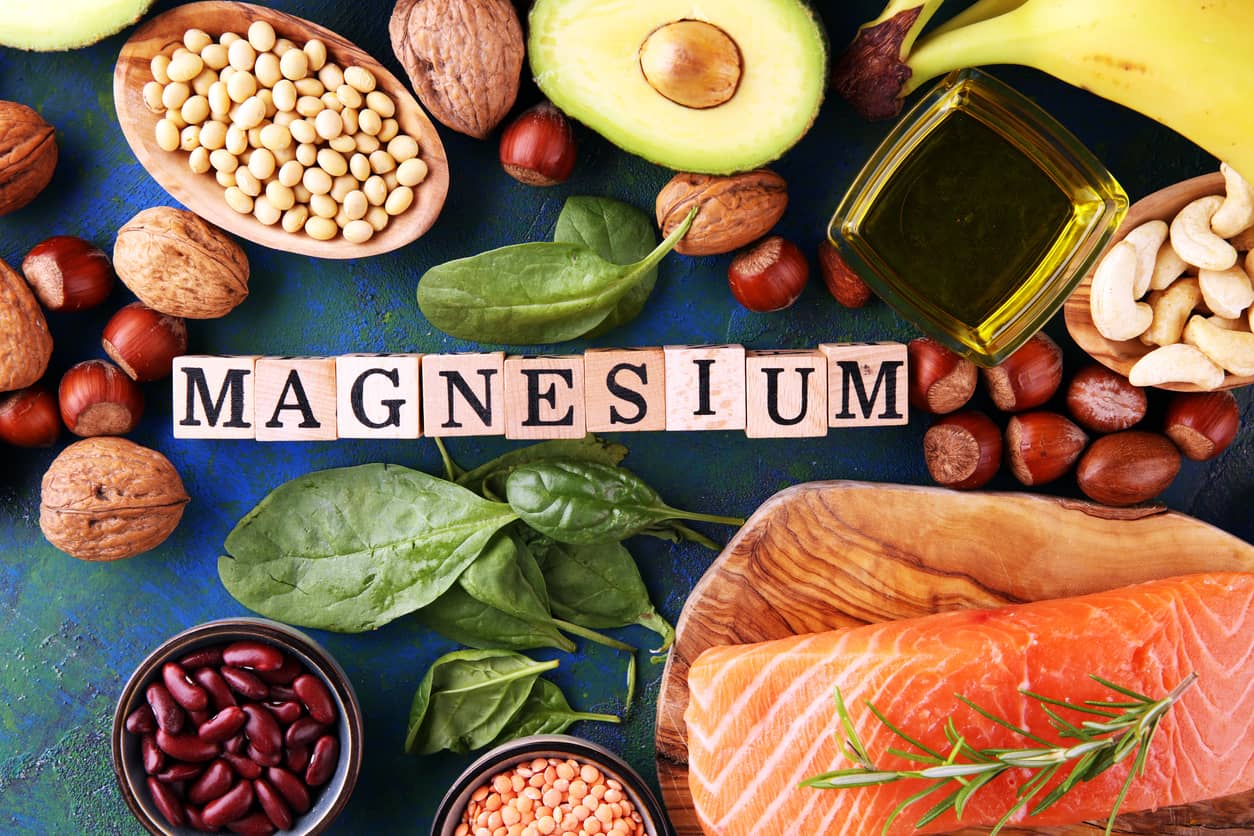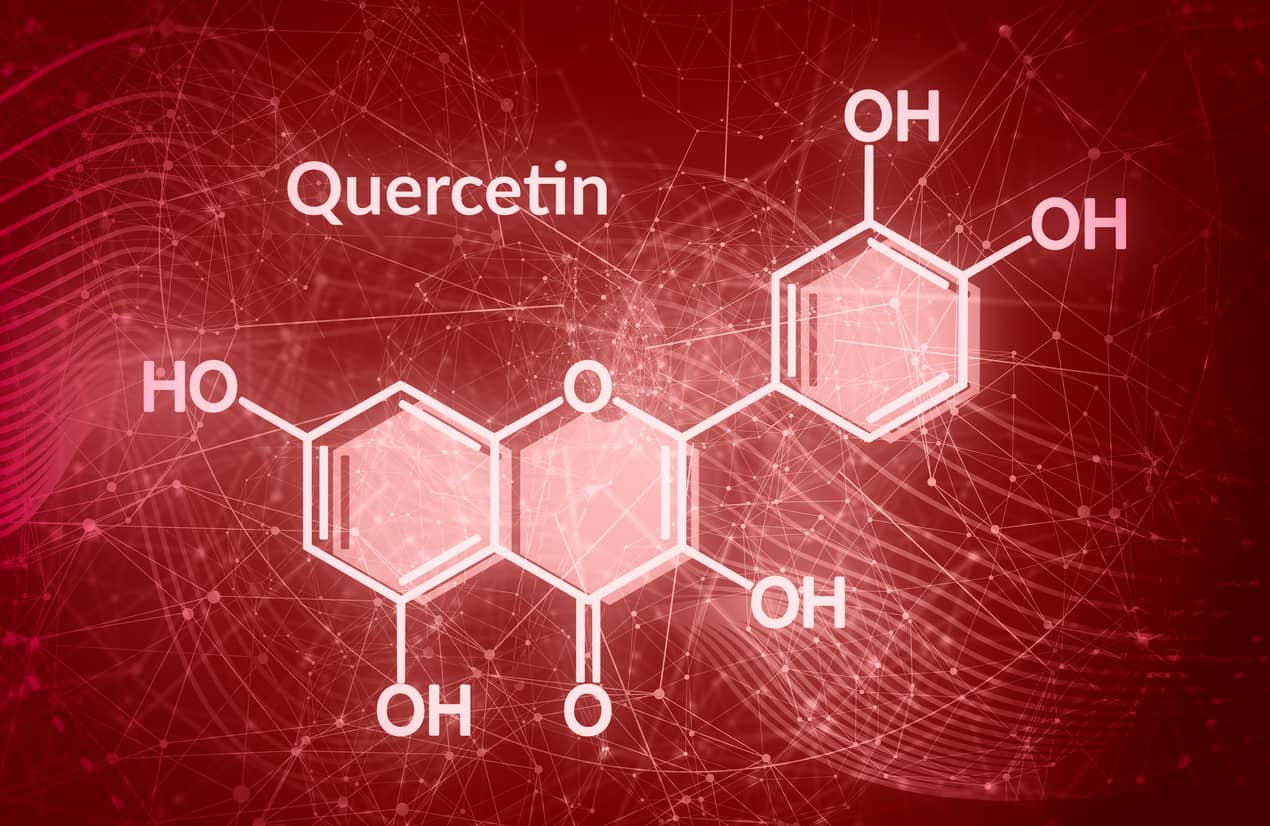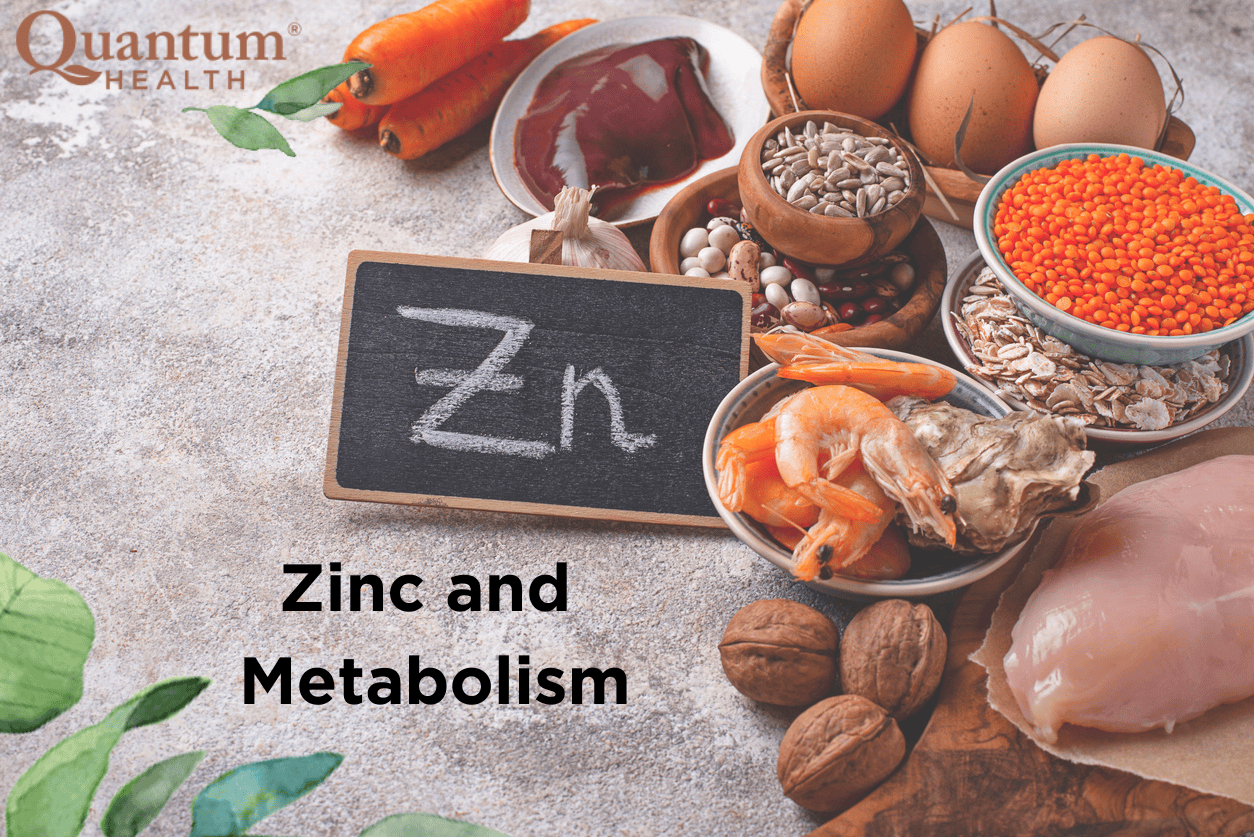Nutritional Facts about Magnesium

Every few years, it seems like there’s a new trend or fad in the world of health foods. We’ve seen many things have their time in the spotlight; kale, green juice, sunflower seed butter, mushrooms, cauliflower everything, avocado toast, elderberry... the list goes on. While all the foods that have been trending are certainly healthy and beneficial, it can also be difficult to sort through the abundance of information when a product is flooding the market. One product that’s really popular right now is magnesium. There are so many potential benefits of magnesium that we wanted to take the opportunity to shine the light on this incredible mineral and let you know all about magnesium, from what it is to what some potential benefits can be.
What is Magnesium?
Magnesium is a mineral and is actually the 8th most abundant element in the world and accounts for 2% of Earth’s crust, but it doesn’t occur by itself in nature. It’s usually found combined with other minerals. Magnesium is an essential nutrient for not only human beings to function but also plants and animals. That fact alone should tell you just how important this element really is!
Foods that are high in magnesium are nuts and seeds, legumes, leafy greens, fiber-rich whole grains, low-fat dairy products, and some chocolate.
Why Do We Need Magnesium?
Magnesium is crucial for our bodies to function and plays a part in over 600 enzyme reactions in our bodies. Every single cell in our bodies has magnesium present and needs it to operate properly. Roughly 60% of the magnesium in our bodies can be found in our bones, and the rest is in our muscles, tissues, and fluids. Magnesium is considered a cofactor, which means it’s a helper molecule that supports other molecules. Some of the things that magnesium helps with are:
- Energy creation
- Protein formation
- Gene maintenance
- Muscle movements
- Nervous system regulation
What Are Some Potential Benefits of Magnesium?
Magnesium helps support:
- Bone health – Magnesium is essential for healthy bone formation directly and indirectly as it also helps to regulate both calcium and vitamin d levels. It helps create higher-density bones, improves bone crystal formation, and can help lower the risk of osteoporosis in women after menopause.
- Cardiovascular health – Magnesium helps support the health of our heart because of its importance in cellular function.
- Cerebrovascular Health – Because magnesium helps support neurotransmitters and aids in proper blood vessel restriction, an increase in magnesium consumption can help prevent issues or discomfort.
- Better sleep – Magnesium also supports the neurotransmitters that are directly related to sleeping and can help you to fall asleep faster and get a better night’s rest.
Magnesium deficiency can cause:
- Loss of appetite
- Stomach upset
- Fatigue and weakness
- Shaking
- Muscle spasms and cramps
- Hyperexcitability
- Abnormal heartbeats
To make sure that you’re getting enough magnesium in your diet, eat a healthy diet and lead a healthy lifestyle, which for many people, includes taking supplements. Adding a magnesium supplement to your routine can help fill in the gaps that are left by our modern diets. To learn more about Quantum Health products and to shop all of our supplements, visit us online or at your local retailer today!
Share
Your share can inspire countless others.


















































